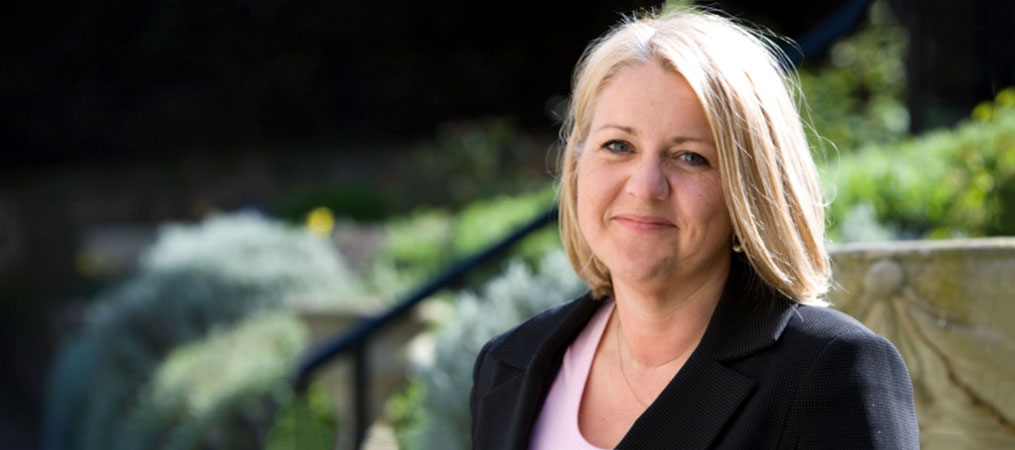
Family first
On its 40th anniversary, Resolution’s Juliet Harvey looks at the impact of court delays on divorcing couples and their families, the organisation’s new ‘one lawyer, two clients’ practice model and the events it has planned for the coming year

This year Resolution celebrates its landmark 40th anniversary. Founded by solicitor John Cornwell in 1983, in four short decades the organisation has gone from an idea thought up by a couple of dozen matrimonial lawyers in the early 1980s, to where we are now, with over 6,500 professionals, drawn from a number of disciplines and backgrounds, all committed to supporting families, resolving disputes and minimising conflict, putting the family first.
Recent statistics show there were 113,000 divorces in 2021 – up nearly 10% on the previous year. Resolution’s work, campaigning for a better family justice system, is more important than ever as we see the impact on both court waiting times and on the families at the centre of proceedings.
Sadly, official figures show that, while the number of private children cases was down by 7% last year, they are taking on average six weeks longer to reach a conclusion. Many family practitioners estimate it takes nearly two years to resolve financial matters all the way through the courts up to final hearing, and that is not accounting for delays caused by cancelled or adjourned hearings where no judge was available.
This leaves many families in limbo for over a year, with a knock-on effect on both children’s schooling and family finances. A recent survey of our members examining the impact of court backlogs found:
- 20% of members said court delays caused clients to rely on benefits for longer;
- 34% said they had referred a client to a counsellor or therapist to help them cope with the stress of ongoing court delays; and
- 90% said court backlogs were causing additional and unnecessary stress and pressure for clients.
“Many of these issues stem from the under-resourcing of family courts; a false economy inflicting unnecessary pressure on the public purse and unconscionable emotional stress on families”
Many of these issues stem from the under-resourcing of family courts; a false economy inflicting unnecessary pressure on the public purse and unconscionable emotional stress on families. A study of the impact of funding legal advice in Scotland found that, for every £1 spent by government on legal aid in family cases, there was a saving of around £5 elsewhere.
We want the government to focus more energy on encouraging early advice for separating couples and for that early advice to include information about all out-of-court options, including solicitor negotiation, collaborative practice and arbitration.
We believe that greater information, given early on, could ease pressures on family courts. We also hope that the adoption of a new practice model called Resolution Together will encourage more couples to resolve issues away from court, where safe and appropriate to do so.
One lawyer, two clients
One of my proudest moments as national chair came when the Divorce, Dissolution and Separation Act 2020 received Royal Assent, paving the way for no-fault divorce – a reform Resolution has long championed. Couples can now end their marriage without having to apportion blame and, as a result, Resolution has developed a new way for practitioners to work with couples jointly.
In 2023, we will be focusing on training as many members as possible in the innovative ‘one lawyer, two clients’ Resolution Together practice model.
If you are interested in working with family clients in this way, please register your interest at: www.resolution.org.uk/resolution-together/.
New events
Our programme of conferences will see a new addition, with the financial planning on separation conference taking place this month. It reflects our commitment to creating innovative events that cater to all the different professions represented within Resolution.
At our last national conference, we hosted the Resolution Awards. They will return in this year and, for the first time, will be hosted as a dedicated gala awards night where we celebrate the champions of family justice. In recent years, we’ve developed the awards from a single prize to a full programme that celebrates the breadth and depth of family justice and commitment to the Resolution code of practice. We are introducing five new award categories for 2023.
My time as chair
In May, my time as national chair will conclude. It’s been an honour and pleasure to lead Resolution – I’m proud to be the first Chartered Legal Executive to do so. A priority of mine has been to ensure that Resolution is a body that all professionals who work with families feel comfortable joining, whatever their personal and professional background. That especially includes CILEX practitioners.
I am proud of Resolution members and the work they do each day to help families to resolve disputes. Over the past three years, I have met regularly with Sir Andrew McFarlane, the most senior family judge in the country, I’ve lunched with Lady Hale, and chaired discussions between MPs in Parliament. While you might expect these events to be the highlights of my time as chair, I have to confess that my favourite times have been connecting with our amazing members and helping to sort out issues they and their clients have with the court.
Later this year, Resolution will launch its vision for a future family justice system that works for practitioners and clients alike. We have consulted our entire membership about this important piece of work that will inform much of our campaigning and lobbying over the coming years.
Resolution has had an amazing first 40 years. Here’s to the next 40.
Juliet Harvey is the national chair of Resolution.